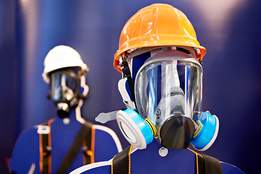protein
noun
pro·tein
ˈprō-ˌtēn 


also
ˈprō-tē-ən 
plural proteins
1
: any of various naturally occurring extremely complex substances that consist of amino-acid residues joined by peptide bonds, contain the elements carbon, hydrogen, nitrogen, oxygen, usually sulfur, and occasionally other elements (such as phosphorus or iron), and include many essential biological compounds (such as enzymes, hormones, or antibodies)
2
: the total nitrogenous material in plant or animal substances
3
: a food (such as meat or tofu) that is rich in protein
Having grown up with brisket or roasted chicken as the protein of choice at a Chanukah table, I was intrigued to find that Italian Jews traditionally celebrate the Festival of Lights with a special fried chicken recipe and wanted to give it a try.— Sophie Panzer
Sophie Panzer
 Sophie Panzer
Sophie PanzerThere are 10 sandwiches to choose from, with different proteins like sausage, salami and mortadella.— Cesar Hernandez
Cesar Hernandez
 Cesar Hernandez
Cesar HernandezWith plant proteins such as nuts or soy foods, we get good amounts of fiber and polyunsaturated fats …— Walter Willett
Walter Willett
 Walter Willett
Walter WillettLove words? Need even more definitions?
Merriam-Webster unabridged












Share